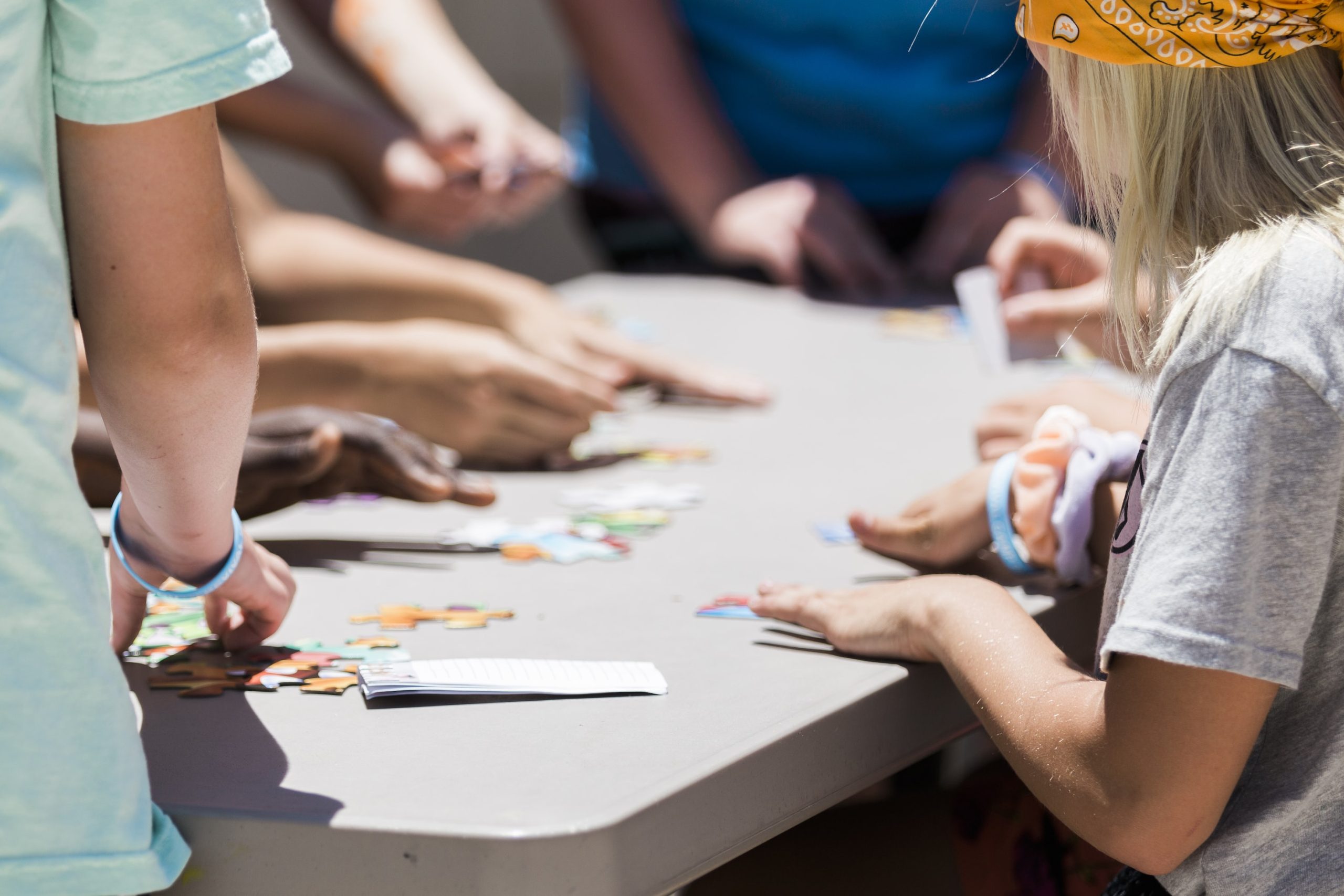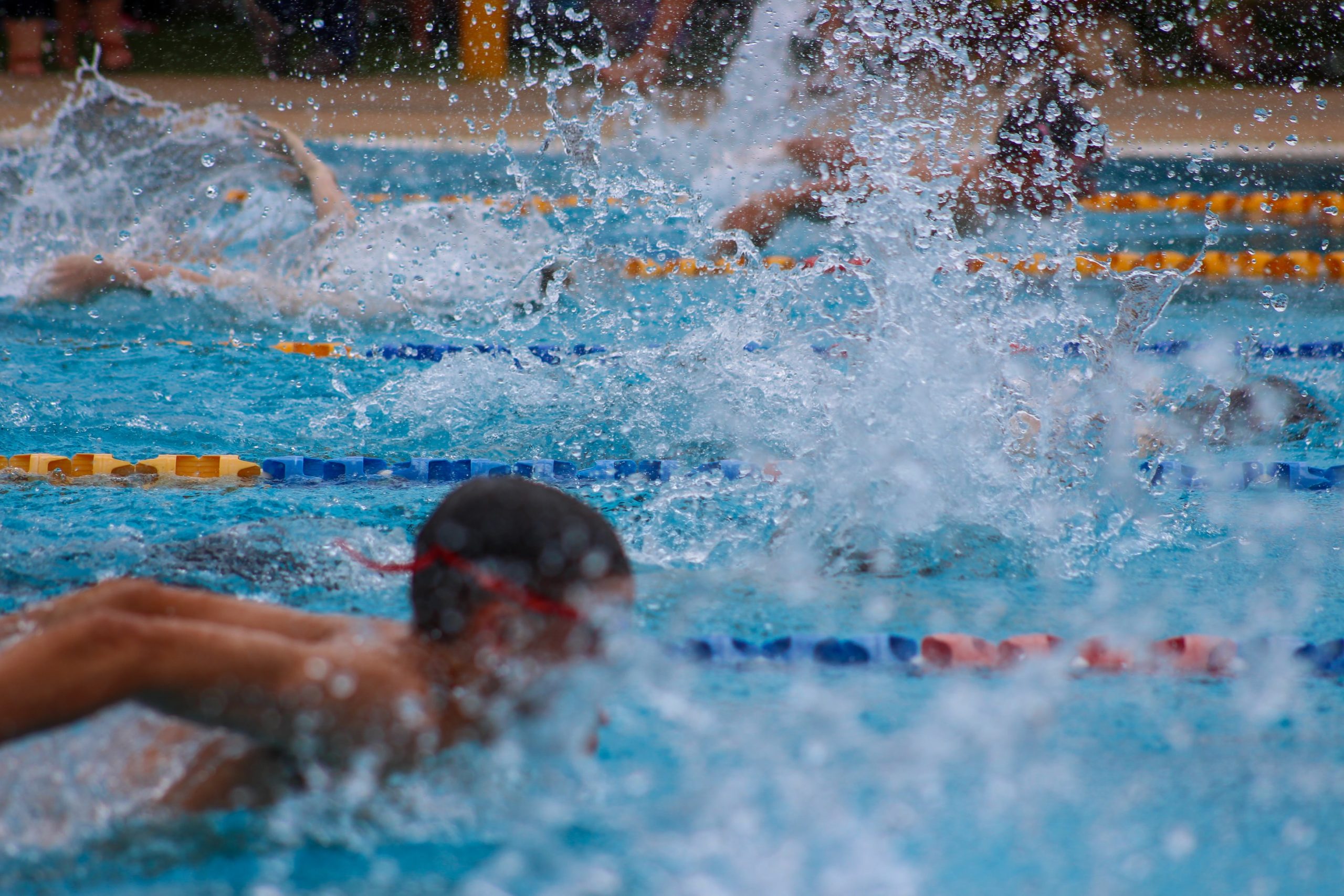
Group learning environments hold immense potential in molding the young minds of children. These settings not only promote the acquisition of new skills but also foster social interactions and emotional intelligence. As children collaborate to learn, they develop critical thinking skills and learn the importance of teamwork. This holistic approach to learning shapes them into well-rounded individuals, ready to navigate the world with confidence and empathy. Let’s delve deeper into how learning a new skill in a group setting can be beneficial for children.
Development of Social Skills
Group learning encourages children to interact and work with others towards a common goal. In this process, they learn how to communicate effectively, listen actively, and respect each other’s opinions. Working in teams also teaches them important life skills like conflict resolution, compromise, and leadership.
For example, a child learning an instrument in a group setting may need to collaborate with their peers to create music together. This requires them to actively listen and respond to each other’s playing, adjust their own playing accordingly, and find ways to work together harmoniously. The same can be said for team sports or group projects in school, where children learn to rely on each other and work towards a common goal.
Building Confidence
Positive reinforcement can boost self-esteem and confidence in children, as they see themselves progressing and achieving goals with the help of their peers. Additionally, children may feel more comfortable making mistakes in a group setting, knowing that others are also learning alongside them.
Other than skill-specific confidence, group learning also helps children develop social confidence. As they interact with different individuals in a safe and inclusive environment, they learn to express themselves, share their ideas, and build relationships.
Even more so, some children may struggle with low confidence or social anxiety. Group learning can provide a supportive and encouraging space for them to step out of their comfort zone, try new things, and build their self-esteem.
Learning from Each Other’s Successes and Mistakes in a Swimming Class
In a group learning environment, children have the opportunity to learn from their peers’ successes and mistakes. This can be especially beneficial in activities such as swimming classes.
For example, one child may struggle with a particular stroke while another excels at it. By observing and learning from their peer’s techniques, the struggling child can improve and vice versa. Additionally, witnessing others make mistakes and overcome them can help children understand that it’s okay to make mistakes and that they can learn and grow from them. Attending group swimming classes not only teaches children the physical skill of swimming but also instills important life lessons about perseverance, learning from others, and celebrating successes together. When you are learning in a group setting, it can be easier to see that everyone has their own strengths and weaknesses, and that’s what makes each individual unique and valuable.
Encouraging Diversity and Inclusion
Being exposed to different perspectives and cultures, fostering understanding and empathy helps in the development of children’s emotional intelligence. Moreover, children develop an appreciation for the unique strengths and contributions of each team member, cultivating a sense of inclusion and belonging.
When children collaborate towards a shared objective, they not only learn to value disparate opinions and ideas but also engage in more creative thinking and problem-solving. It’s worth noting that the child who may encounter challenges with a particular skill could very well be the one to offer a remarkable solution that benefits the entire group.
Promoting Lifelong Learning
Collaborating with others towards shared objectives fosters a passion for learning, propelling them to actively seek opportunities for skill and knowledge expansion. This lays the groundwork for a lifelong journey of personal growth and development. Furthermore, the social dynamics of group learning serve as a catalyst for the ongoing pursuit of new skills and interests, providing a supportive network to share their progress. The advantages of group learning extend well into adulthood, equipping individuals with the necessary tools for success in a real-world environment where collaboration and teamwork are paramount.
Enhancing Critical Thinking and Problem-Solving Skills
When in groups, children are frequently presented with tasks that necessitate critical thinking and problem-solving. This can be particularly beneficial when learning new skills, as they are encouraged to brainstorm, strategize, and implement solutions collaboratively. For instance, in a group puzzle-solving activity, kids would have to communicate, negotiate, and even take on different roles to achieve the collective goal. This active engagement allows them to critically evaluate situations and come up with innovative solutions, thereby enhancing their cognitive abilities. It’s an effective way to prepare them for future scenarios that will require them to think on their feet and solve problems logically and resourcefully.
With all these factors considered, it becomes clear that the benefits of acquiring new skills in a communal setting extend far beyond the skills themselves. Children are offered a platform on which they can not only grow and develop their abilities, but also understand and appreciate the power of unity, collaboration, and diverse perspectives. They learn to value each other’s strengths and contributions, developing emotional intelligence and building self-confidence along the way. This synergy of technical skill acquisition and personal growth prepares them for future real-world scenarios, making them well-rounded individuals ready to face life’s challenges. The blend of social interaction, mutual learning, and teamwork provided by such settings is undeniably beneficial in shaping a child’s overall development.




